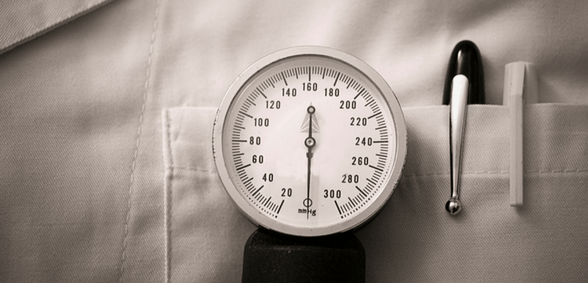
CREDIT: This story was first seen in The Telegraph
The number of major blunders reported by GP out-of-hours services has risen by one quarter, with patients dying after long waits to see a doctor, or after a visit where fatal symptoms were missed, an investigation has found.
The Telegraph reports that senior doctors said the services were no longer able to operate safely, with rising pressures increasing the risk that patients would fall victim to the wrong “judgement call”.
Freedom of Information disclosures from GP out-hours-providers reveal 71 serious incidents recorded in the first nine months of last year, even before winter pressures began to bite.
The figure compares with 76 incidents during the full 12 months the previous year – suggesting a 25 per cent rise in cases.
The investigation by Pulse magazine details cases over a three-year-period, including several where patients died while waiting for an out-of-hours visit, and others where patients died after critical symptoms were missed.
In one case, in 2016, a patient found dead in a pool of vomited blood by the time out-of hours services from East Sussex arrived.
In another, in the same area, in 2015, a patient spent 10 days in intensive care after a GP missed signs of bacterial meningitis. In the same year, a patient with a recent history of bladder cancer was found dead in West Sussex, the day after after a paramedic practitioner assumed they were suffering from a urinary tract infection.
And in another case in Eastbourne, Hailsham and Seaford, an 84-year-old woman died after the GP out-of-hours service failed to call the patient back for one and a half days, When a doctor finally visited the patient – having classed it as “non-urgent visit” – a neighbour advised that the woman had died the previous day, the report found.
All the south east cases involved provider IC24, which covers 1.5 million patients, recording 25 serious incidents in the first nine months of last year, compared with 29 in 2016. The company said the increases should be seen in the context of increased activity.
In Suffolk, a patient died after suffering a cardiac arrest, the day after out-of-hours services run by Care UK sent an advanced nurse practitioner to check on him. The man had already contacted his GP practice twice in previous days, but died while with ambulance crews at Ipswich Hospital in June 2015. Two weeks later, a patient in the same area was prescribed opiates seven times the strength which should have been allowed, by Care UK’s out-of-hours services. In a 2016 case in the same area, a baby was diagnosed with meningitis, four days after a worried mother called 111, and was passed to out-of-hours services.
Dr Peter Holden, former urgent care lead for the BMA’s GP committee said services were no longer operating at a “safe pace of work”.
“There are only so many decisions an hour a human being can take, especially if they’re high risk judgement calls,” he said.
But representatives of out of hours providers said the changes could refelct “an improved safety culture” which meant errors were more likely to be documents.
An NHS England spokesperson said: “While one serious incident involving the GP out-of-hours service is one too many, the number of incidents stated represents less than 1 per cen of the total number of nearly six million calls the service responds to each year.”
Don’t forget to follow us on Twitter, or connect with us on LinkedIn!

Be the first to comment